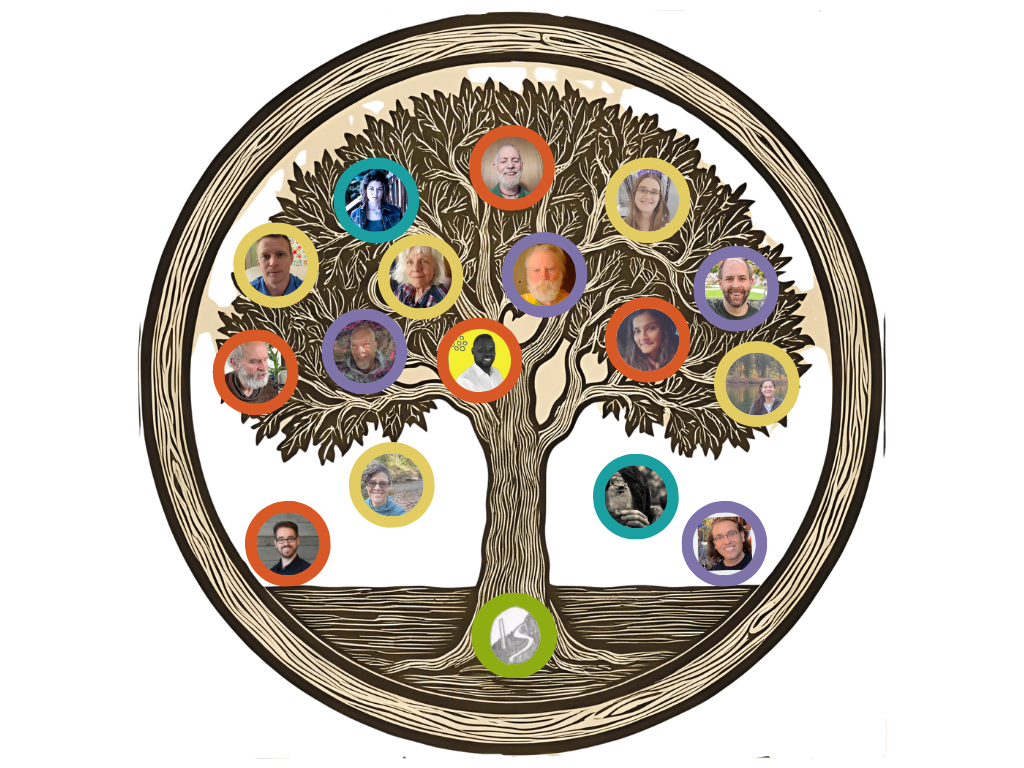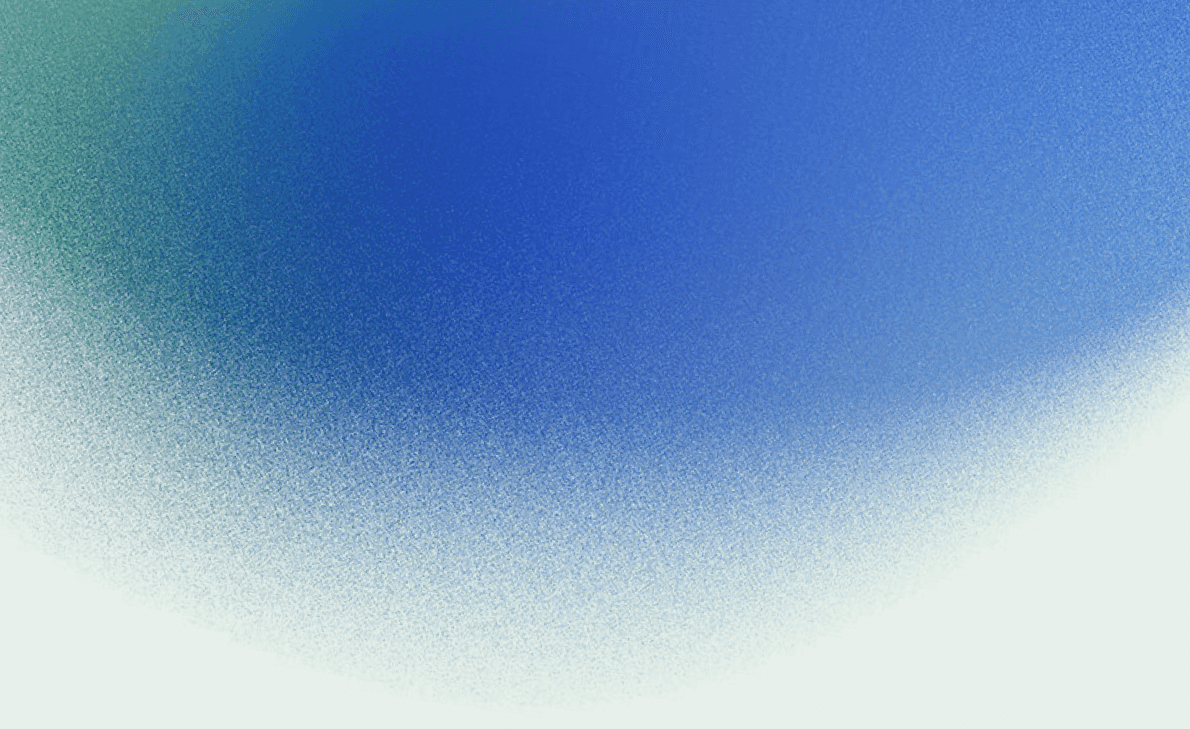Who We Are

We are a geographically distributed community of seekers and friends, connecting face-to-face via video calls. We connect and reflect together in relationship as a catalyst to self-development, increased awareness, greater integrity. We relish our diversity across gender, generation, nation, ethnicity, religious (or non-) background, socioeconomic status, and other perspectives increasingly. Some of us bring backgrounds in various related fields or scenes: adult development psychology, relational practices (e.g. Authentic Relating, Circling, Collective Presencing), and the "sensemaking web" (e.g. Game B, Integral, Metamodernism). Regardless, all of us are united in one thing above all else: seeking to grow.
Our values orient around awareness, acceptance, and integrity as big themes. Awareness means consciousness and attention: taking the "balcony view" perspective on ourselves and on the people and systems we're intereacting with. Acceptance means facing reality - being able to be with what is, as it is, without deceiving ourselves. From awareness and acceptance flow greater capacity for compassion, empathy, and our ability to hold our intentions as objects of reflection, in integrity with our layers of body-mind-self, our personal relationships, and our interfaces with the larger systems we're a part of.
Other values we've named are: Authenticity, honesty, adventure, perspective-taking, reflection, learning, seeking, earnestness, paradox, connection, friendliness, play, kindness, curiosity, goodwill, inclusion, drive, balance, desire
Regarding Membership
Who and what makes a good "fit" within Intentional Society? The cornerstone of our culture is first and foremost a desire to grow. It also takes an attitude of openness, humility, and of respect toward every human and the things that we can learn from interacting with them. We don't teach each other as instructors or lecturers, but rather reflect our experience of being with each other. When reflected in an honest and compassionate way, we are able to self-teach with socially-expanded insight.
Many new members thus far have come in with a high degree of emotional self-awareness and "cognitive de-fusion," having been on their own developmental journeys for some time already. This seems helpful but not essential, and we haven't established a concrete minimum age or maturity level for membership yet. If someone is looking for a bandwagon to just jump on, this isn't it. Some level of "self-authorship" - defining one's self and values independently of the social context in which one grew up - seems necessary to get traction on further development. We generally have a fairly high degree of tolerance for nebulosity and uncertainty, as we're making up our norms and structures as we go.
Inside the members-only spaces of Intentional Society, you'll find more focus on collective development (vs the individual focus of the practice program), on real relationship building, mutual support, and doing from the integrity of "post-achiever ambition."
If you're feeling any imposter syndrome or are worried about whether you're "enough"… please notice that fear, and know that we hope you can move past it! You get involved with Intentional Society through our practice program and/or informational calls.
What We Do
On the surface, the simple story is that we talk with each another on video calls. Most of these take the form of our publicly-accessible practice program. These practice sessions are facilitated, structured calls that run 90 minutes (plus any casual hangout time afterwards). There is an ordered progression week-to-week, but every week is open to newcomers as new practices and skills are introduced each week.
These sessions start at "IS prime time": Anchored to US time zones, 1pm Pacific and 4pm Eastern, mapping to 8 or 9pm UTC depending on Daylight Savings time shifts, or even two-hour shifts (e.g. 6am to 8am) for folks in AU and NZ.
There's a bunch more to Intentional Society beyond the practice program, inside the membership membrane. We form crews of various kinds, explore more collective-oriented and experimental explorations, practice omni-leadership, and support each other in perspective-taking, projects, etc.
Deliberately Developmental details for geeks
At the deeper conceptual layer, what we're doing together is authoring a developmental community of practice with a culture of expanded awareness. There's a conventional script for “becoming an adult” that goes something like “finish school, get a job, get married and have 2.5 kids, buy a house and then acquire more toys while climbing the corporate ladder.” This also seems like a recipe for having a mid-life crisis of meaning. The conventional script sells us short: we can, and do, keep developing throughout our whole lives.
How does one practice development, or build a culture around it? We think a large part of the answer comes from relational practices. A recent renaissance in group practices illustrates how powerful the adoption of different norms and “rules” of interaction can be. From the T-groups of the 1950s, to 21st century Circling, to the growth of Authentic Relating and Social Meditation in the last decade, this movement has been growing rapidly. People around the world are discovering that it's actually fairly easy to bypass the usual “how's the weather” social scripts of general society with a bit of intentionality and shared agreements that create a space for deeper, more meaningful connection.
To go even deeper into the theoretical model, developmental constructivism is a fancy way to say that we make meaning, inside ourselves, from our experiences. The field of adult development has shown that we can - and do - keep developing throughout our whole lives. The stage models of Robert Kegan, Bill Torbert, and Susanne Cook-Greuter provide a coherent perspective on typical (Western-shaded) developmental progressions. Off to the collective side of this domain is Spiral Dynamics, in a lineage from Graves to Beck and Cowan to Wilber, which helps us to see and make sense of the values of various political groups and social tribes in this polarized age.
In the spirit of “chop wood, carry water,” the deepest summary of what we do is perhaps “we practice being, together” - which does correspond with “talk with one another on video calls” and is also something quite profound. Being and doing are a polarity which, at least in the West, has been culturally tilted towards doing since the dominance of modernity. Intentional Society assumes an adult level of doing-competence, starts with the inner work of being, and expands into the interdependent learning spiral of being-and-doing at multiple levels of scale.
A lot of theory and thought has gone into what we do together. But it’s also what people everywhere have known and done for millenia, in villages, tribes, and crews of belonging and support. There is wisdom in both science and woo, in the latest discoveries and in ancient traditions. We thrive as social, relational beings, growing in small groups of high trust - and even as we’re faced with global challenges that demand coordination across humanity to meet, we think that any future of global unity must emerge fractally outward from interpersonal trust and cooperation at local scale.
